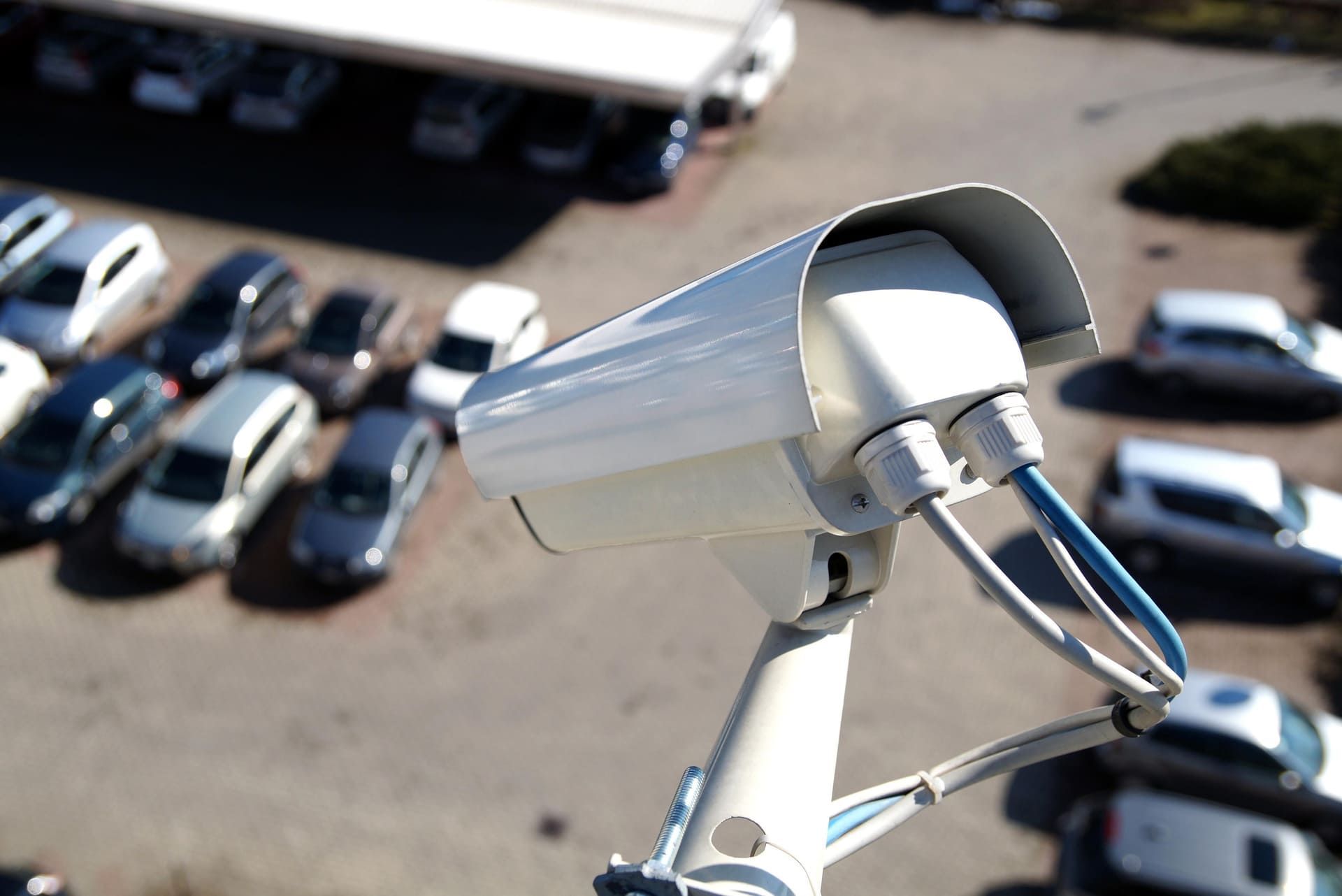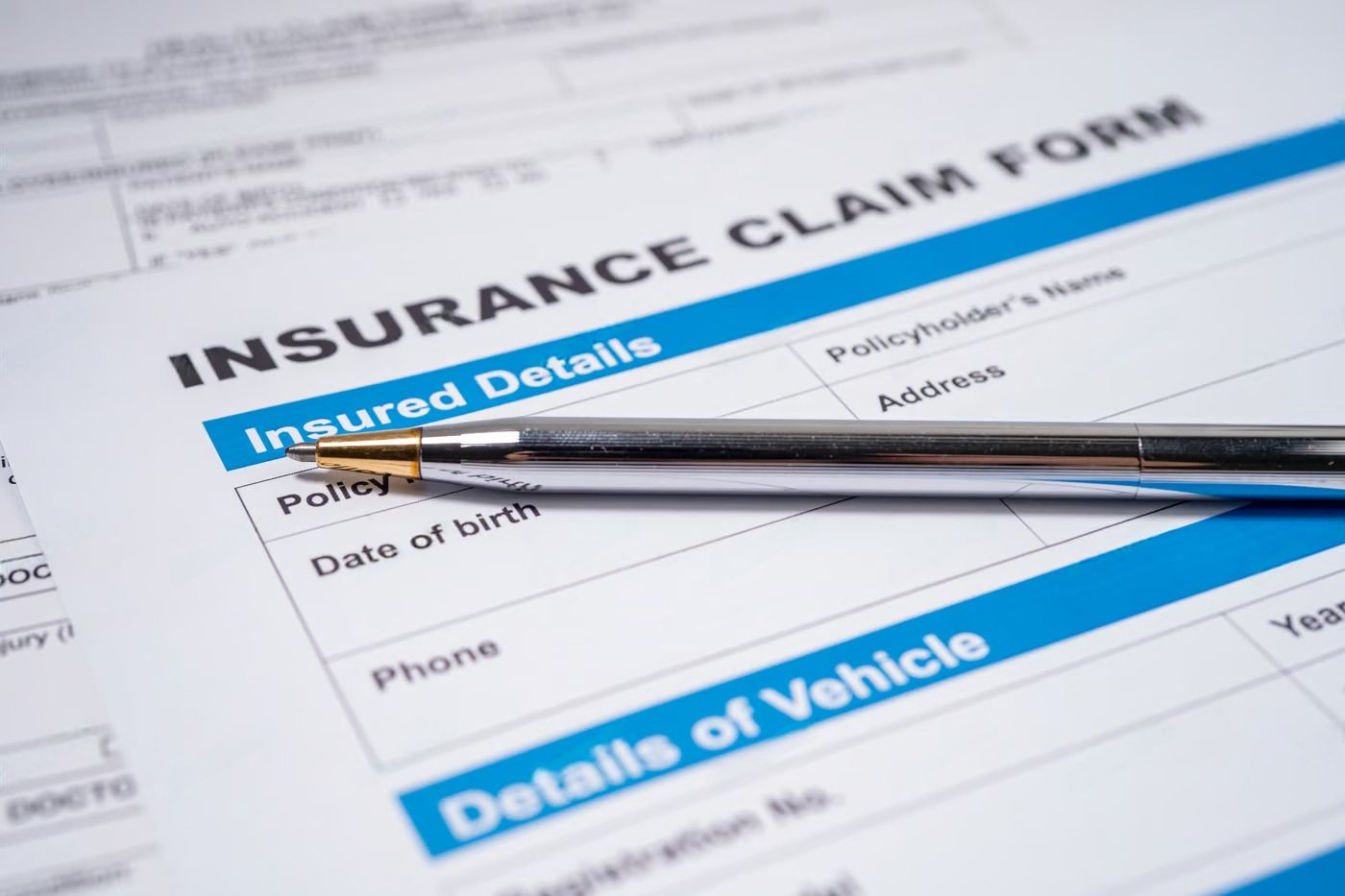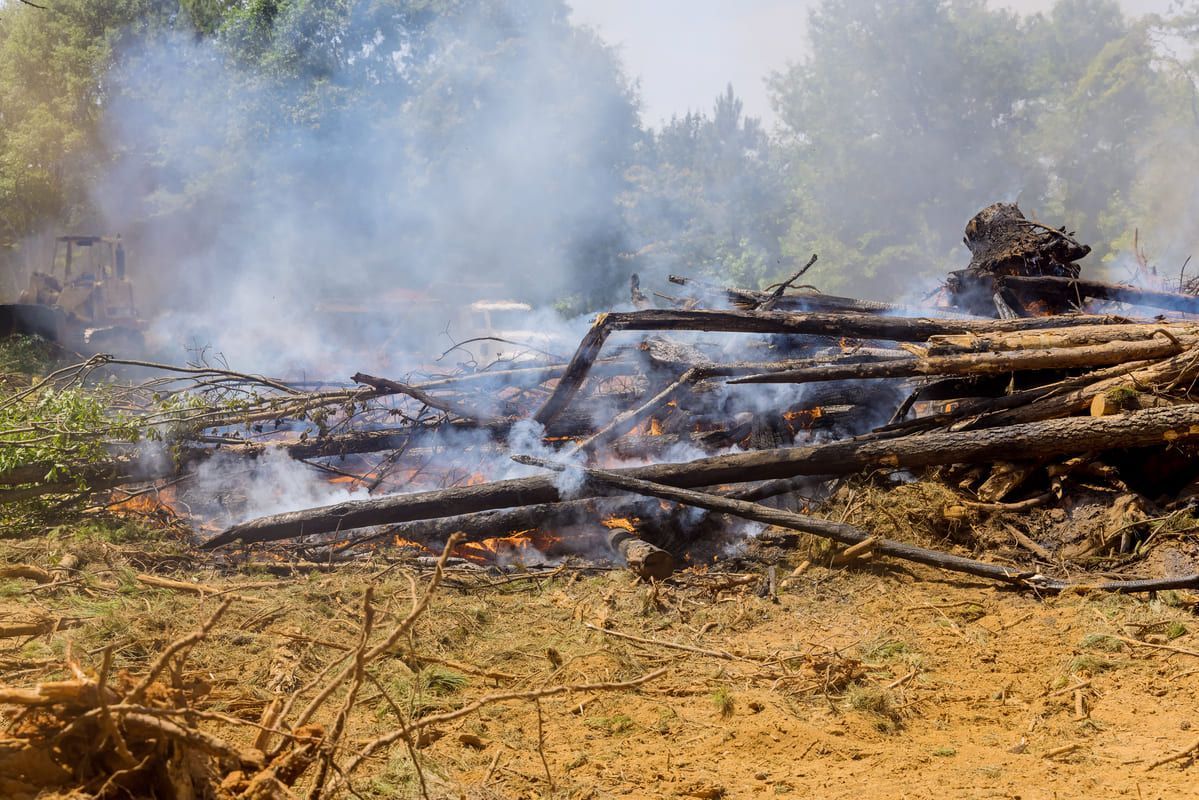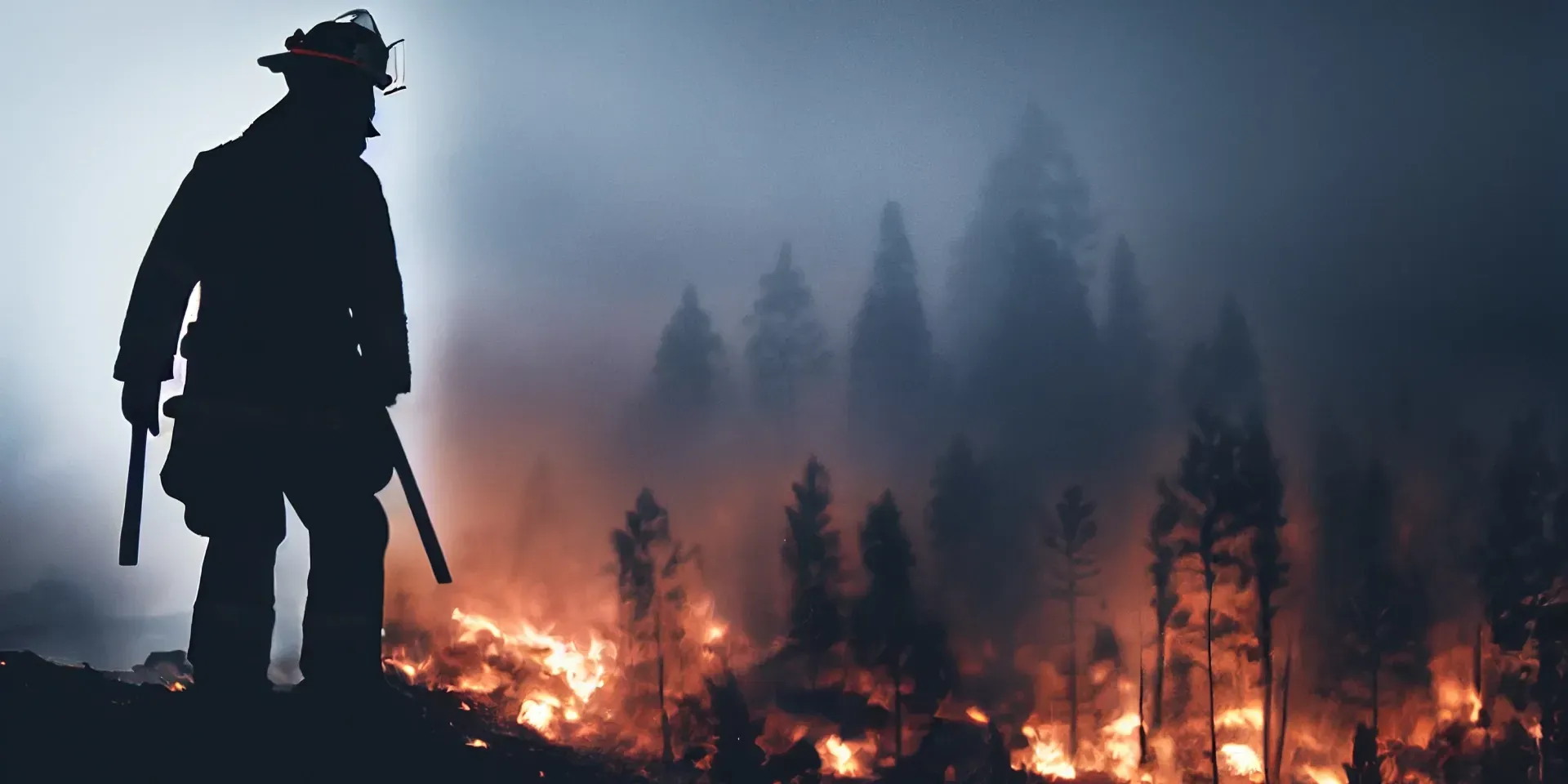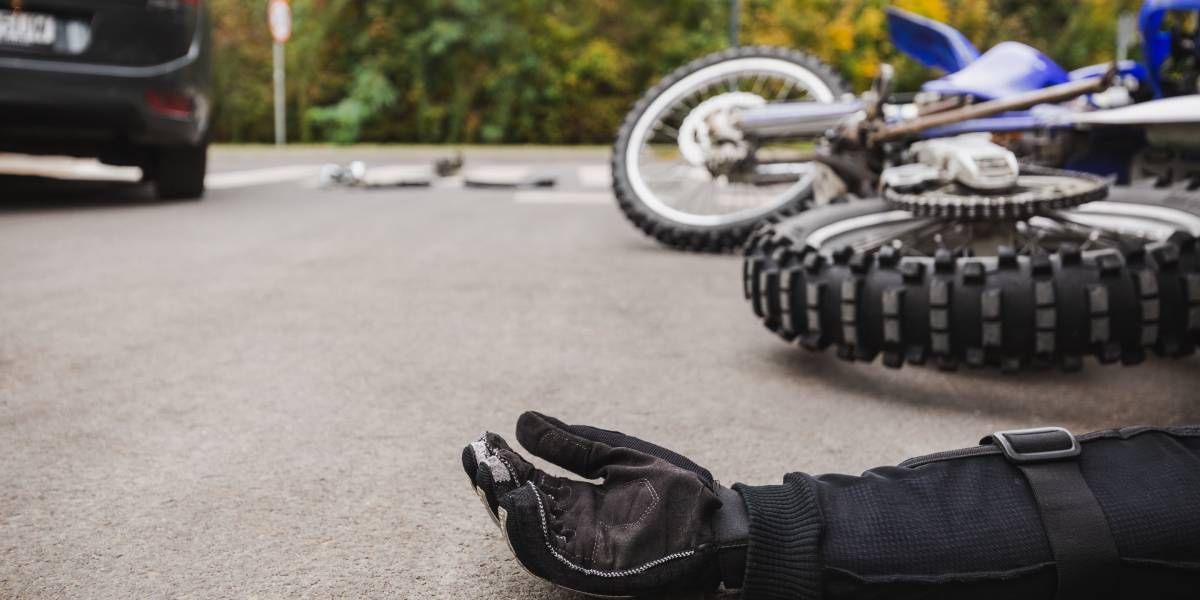Understanding Premises Liability in California
Understanding Premises Liability in California
If you suffer an accident on someone else's property due to unsafe conditions, the concept of premises liability may come into play. This type of personal injury claim is based on proof of negligence, which is a legal causation resulting from a breach of duty of care. If a property owner fails to protect visitors from dangerous conditions under their duty of care, they can be held liable for any damages that occur. Premises liability cases include a range of potential scenarios, some of which can lead to compensation.
Let's review the basic principles of premises liability, including possible scenarios, key components, and duty of care considerations.
Premises liability scenarios
Premises liability covers a wide variety of personal injury cases, from dog bites and falls to fires and flooding. While a number of key components need to be fulfilled, all of which are listed below, this umbrella term covers the following situations and many others:
- Slips and falls
- Impact injuries
- Personal assaults
- Dog bites
- Water accidents
- Fires and smoke
- Toxic exposure
These events can occur in a range of environments, from residential properties to commercial and industrial facilities. Common places include but are not limited to hotels, motels, retail spaces, parking lots, and construction sites.
Personal injury claims originate for a variety of reasons, many of which are related to lack of maintenance or incomplete care. The following examples all relate to negligence, which means the property owner failed to use reasonable care:
- Defective property conditions
- Inadequate property maintenance
- Lack of mitigation or warning
- Inadequate security or lighting
- Negligent actions or lack of action
Key components of premises liability
In the state of California, premises liability law is based on proof of negligence by the owner or possessor of the property. This law falls under California Civil Code 1714, which covers the obligations of property owners in a wide range of cases. Anyone who owns, possesses, or controls property in California is obliged to provide “ordinary care,” which is based on the following two conditions:
- To maintain the property in a reasonably safe condition
- To warn visitors of any non-open and non-obvious dangers
This law covers all injuries that caused harm and were caused by a lack of ordinary care.
Premises liability is not always relevant, however, with the following components needed for any type of personal injury claim:
- The property is controlled by the defendant.
- The defendant did not provide “ordinary care” to prevent injury.
- The plaintiff was harmed as a result.
- The negligence was a substantial factor in the cause of injury.
Essential facts of premises liability
The best way to understand premises liability in California is to review the actual laws as they are stated. The following essential facts are listed under the Judicial Council of California Civil Jury Instructions (2022 edition):
[Name of plaintiff] claims that [he/she/nonbinary pronoun] was harmed because of the way [name of defendant] managed [his/her/nonbinary pronoun/its] property. To establish this claim, [name of plaintiff] must prove all of the following:
- That [name of defendant] [owned/leased/occupied/controlled] the property;
- That [name of defendant] was negligent in the use or maintenance of the property;
- That [name of plaintiff] was harmed; and
- That [name of defendant]’s negligence was a substantial factor in causing [name of plaintiff]’s harm.
What is duty of care?
Duty of care is a legal term intrinsic to personal injury cases, including premises liability. In California, the “duty of care” is the legal obligation to use reasonable care in an effort to avoid injuring others. A duty of care includes specific statutes and court decisions. It can be created by various jurisdictions, including federal, state, local, and administrative statutes. At a federal and state level, including in California, it can also be the result of a court decision based on “common law.”
To prevail in a California personal injury case, a plaintiff must show that:
- The defendant owed the plaintiff a duty of care.
- The defendant breached that duty.
- The plaintiff was injured as a result.
Duty of care is a legal obligation relevant to individuals who own, lease, occupy, or control a property. In any of these situations, people must exercise reasonable care to maintain and inspect their property on an ongoing basis. If any dangerous conditions are noticed, they must carry out repairs and/or provide adequate warning related to this danger.
Duty of care considerations
Legal obligations under duty of care can be difficult to quantify in some situations. A number of factors come into play when deciding whether or not the defendant used reasonable care. While premises liability is relevant whenever the defendant allowed a dangerous condition, the following elements need to be considered to measure reasonable care:
- The location of the property
- How the person came onto the property
- The likelihood of experiencing harm
- The probable seriousness of harm
- Knowledge of the risk of harm
- The difficulty of protecting against this risk
- Whether the person could control that condition
- Other relevant factors related to this risk
Premises liability claims and damages
If someone suffers an accident that led to an injury, and this event occurred on someone else's property, the person injured may have the right to seek compensation. If the elements listed above have been satisfied, and the person involved has failed their duty of care through negligence, the plaintiff has the right to recover the following damages:
- Medical bills
- Ongoing medical treatment
- Lost wages and earning capacity
- Physical therapies
- Physical scarring or disfigurement
- Psychological pain and suffering
If you have experienced a personal injury as the result of unsafe property conditions, you may be able to make a premises liability case. Please review the information above to understand the basic principles of premises liability in California. If you need professional advice or want to move forward with a case of your own, it's important to contact a recognized and experienced personal injury attorney.



